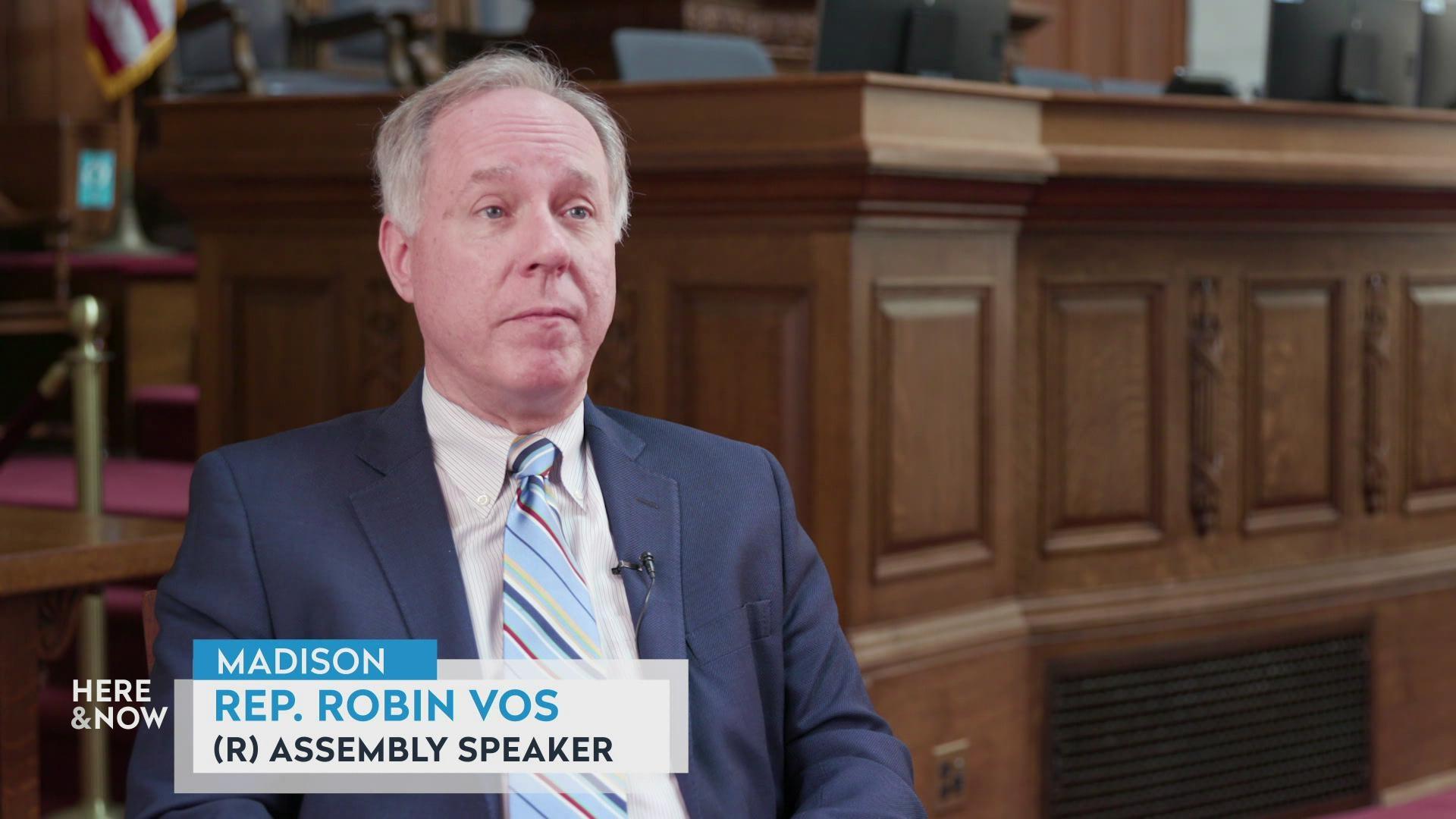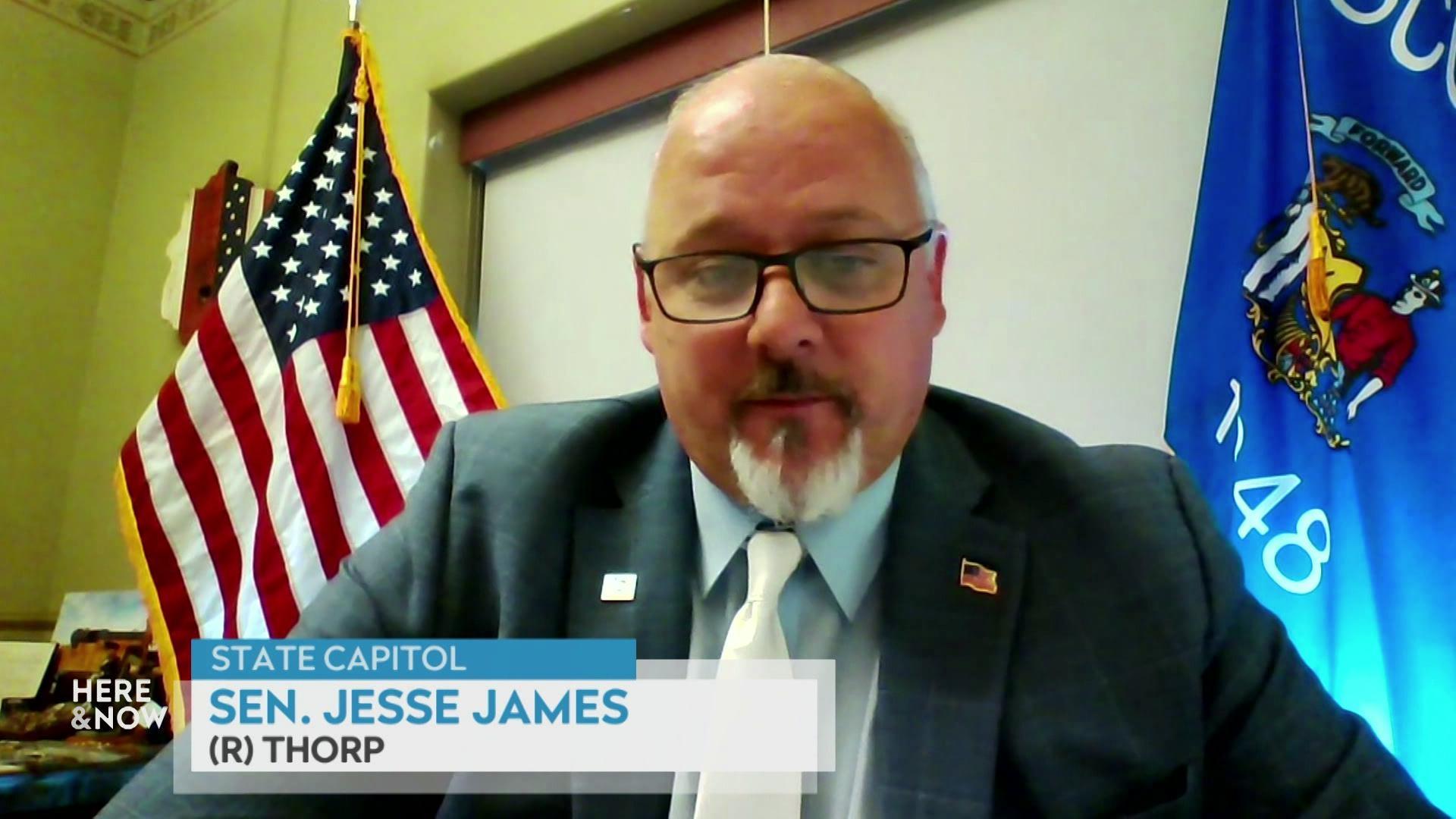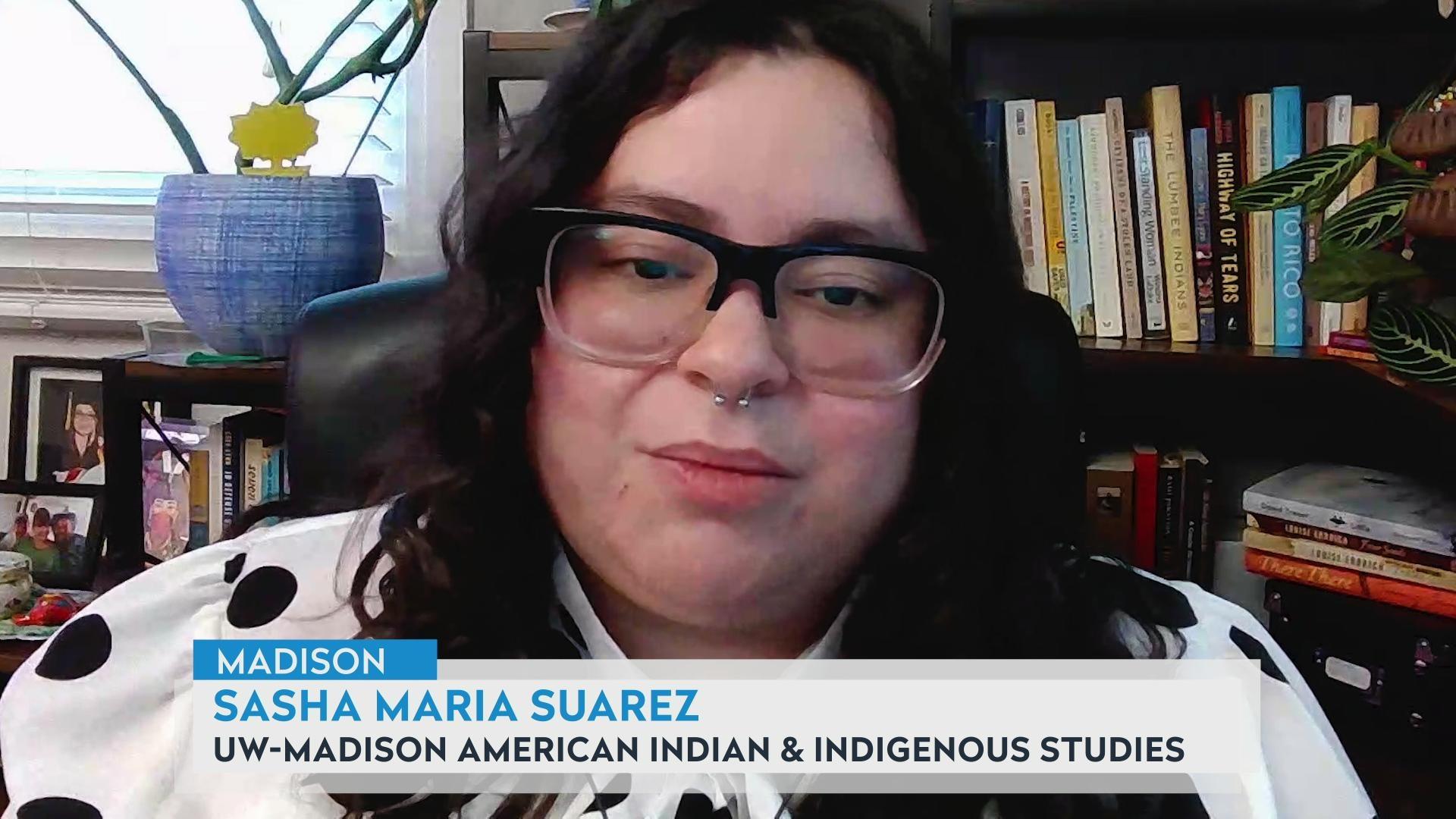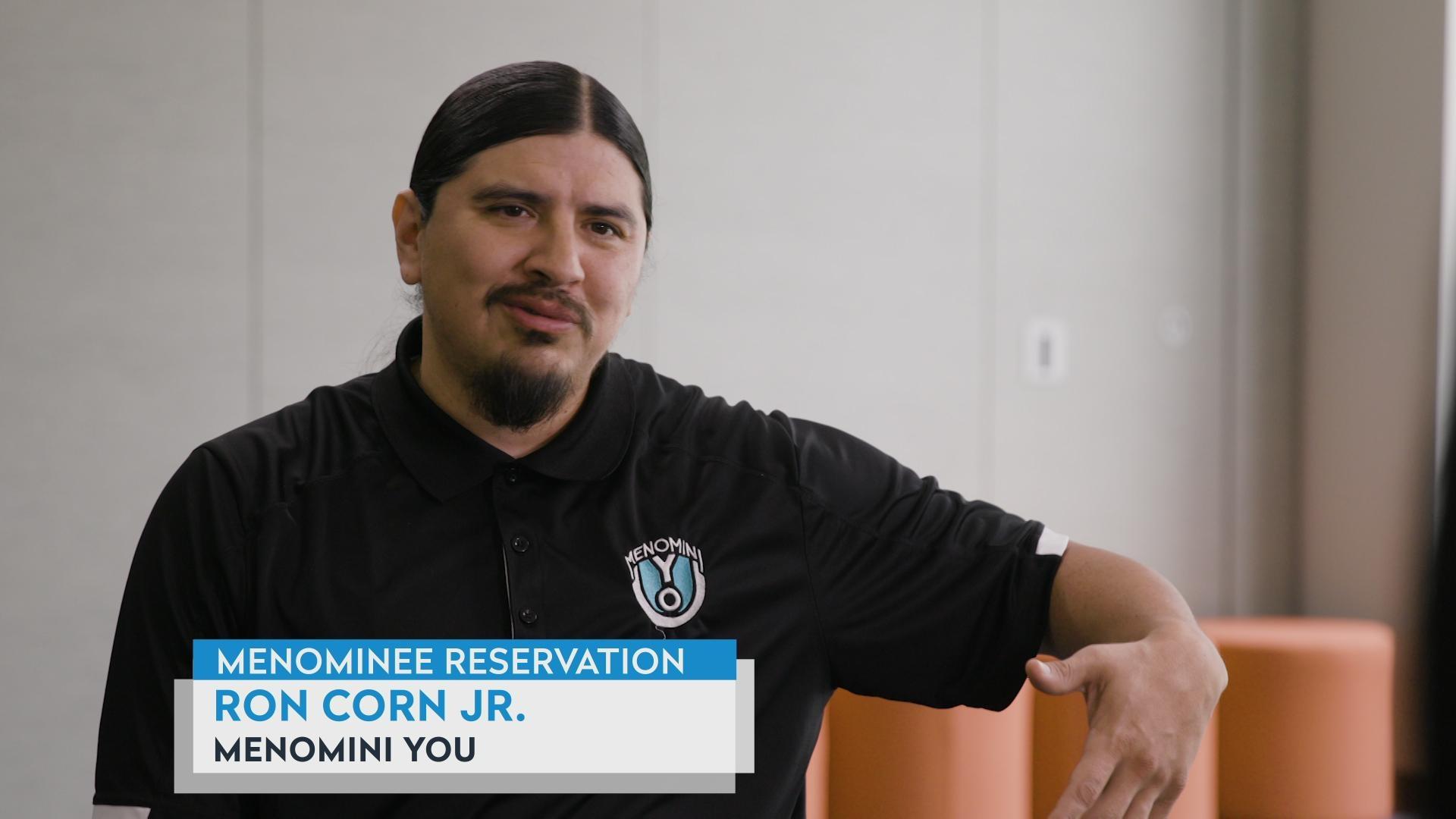Nate Jung on the use of generative AI as an educational tool
UW-Madison professor and editor Nate Jung describes how students can approach using generative AI to improve reading and writing skills while remaining mindful of its limitations as a teaching tool.
By Jane McCauley | Here & Now
January 9, 2024
VIDEO TRANSCRIPT
Jane McCauley:
Would you say you kind of think of generative AI or ChatGPT as more, like you said, as a tool rather than something to actually create content or writing samples for students?
Nate Jung:
I do tend to think of it as a tool, which is a problematic metaphor in some senses because every tool has its own affordances and limitations and tools ask you to do certain things, right? But in this case, I think a tool is an appropriate metaphor. It is one tool in a students or writer's or reader's toolkit, and it is something that they can pull out on certain types of occasions to assist them in certain types of tasks. And one of the things that I've really kind of come to accept and just know over years of teaching and before that and ongoing years of writing and reading myself, is that everybody has their own relationship to reading and writing. And everyone has their own strengths and weaknesses on those points. And for that reason, I think it's important, I think it's critical that we teach students to identify their strengths as writers and readers, and identify their areas for improvement as writers and readers, and then figure out exactly which tools can help 'em supplement or augment those areas and which are to be avoided. And ChatGPT's just another one of those tools in the toolkit.
Jane McCauley:
Absolutely. So what, if any, problems or hesitations do you or teachers or students feel about generative AI being used?
Nate Jung:
Yeah, that's another great question. One of the things that I've been really surprised about this semester is the number of students who seem genuinely opposed to using it. Genuinely opposed. I believe them. I don't think they're just telling me that, I really believe that they are against it for different reasons. I think everyone that's against ChatGPT or opposes it in some ways, like there are different reasons for it. But back to your point, some of them are opposed to it for privacy reasons. They don't want to give their information to OpenAI, which I get. Some of them are opposed to it because they frankly have said very directly, "I want to earn this myself. I'm taking this class, I'm here, I have to be here. I want to gain these certain skills myself, and I don't feel right about kind of offloading it to a machine." Others are worried about plagiarism or being accused of plagiarism, and others are just worried about the final quality of the writing and how it might impact their grade. So those are all concerns that students have raised to me directly and in support of their decision not to use the technology.
 Passport
Passport











Follow Us